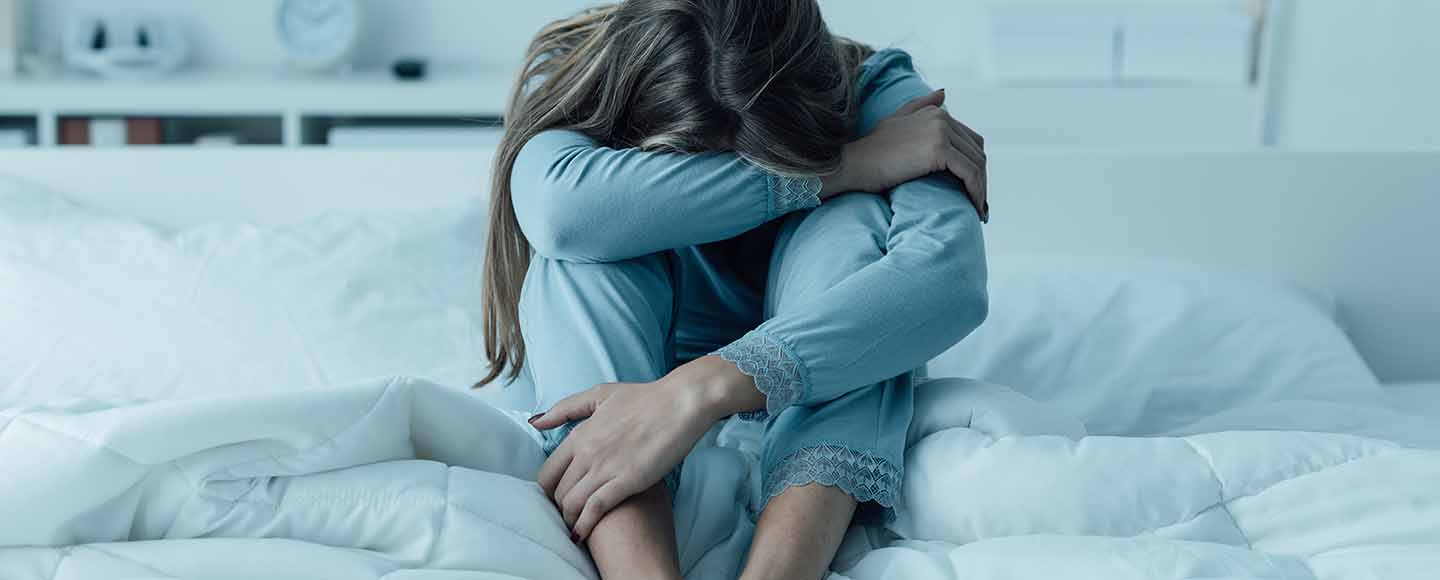
Sometimes a significant life event, like the death of a loved one or starting a new job, can cause a temporary bout of insomnia that lasts for a few days or even weeks. It causes negative effects during daytime hours, such as sleepiness or irritability. Insomnia can occur even when you have enough opportunities to sleep.

Sleep consolidation: matching the amount of time you spend in bed with the amount of sleep you need to reduce awake time in bed.Sleep duration: how long you stay asleep.Sleep initiation: your ability to fall asleep.Insomnia, however, is a more persistent problem that affects: Insomnia is the most common sleep disorder, but it’s also widely misunderstood.Įveryone has some nights when they can’t fall asleep, or they wake up and spend hours staring at the ceiling. have excessive sleepiness during the day.You should talk with your primary care physician if you consistently: If these steps don’t resolve your insomnia, you should discuss your sleep issues with your doctor. Get up from bed if you can’t sleep, then return to bed when you feel tired again.Practice relaxation techniques before going to bed, such as meditation or gentle yoga.Cut down on caffeine, alcohol, and other drug use.Exercise regularly, at least 5 to 6 hours before bedtime.

Limit screen time before bed and reduce light in your sleep space.Keep regular sleep hours and meal schedules.If you’d like, you can try a few things at home to improve your sleep before reaching out to your doctor with your concerns. If you have chronic insomnia, don’t brush it off as no big deal. This means it may be up to you to raise the subject of sleep if you’re having issues. However, your doctor might not always get the chance to talk with you about sleep patterns during your regular checkup or if you make an appointment for a different concern. Most doctors understand that sleep problems are a major health concern. Getting another sleep study soon but they are usually 8-4am here so I probably won't sleep there at all.When to talk with your doctor about chronic insomnia If I can get to sleep properly I can stay asleep but getting to sleep is insane. Does it ever just go away? I don't mind having to take the meds but hate that I can't sleep before midnight and I also worry one day they will stop the meds or the meds will stop working. Oxazepam and zoldipem help.īut I'm afraid this is permanent now. I've tried light therapy, CBT, act, lots of anti Depressants, melatonin, agomelatine, zoldipem, oxazepam. Now I just don't get tired after midnight. I was never able to sleep before 2-4am but when I did Goto sleep I'd be out in 20 or so. Ive tried many mental health medications including Seroquel which did nothing for sleep or depression or anxiety.

I have treatment resistant depression, generalised anxiety disorder, and other issues. I've also got delayed sleep phase disorder, seen the sleep specialist who says it's my mental health doing it. I get wide awake before sleep regardless of time I Goto sleep. If I don't take the zoldipem, I think you call it Ambien I don't sleep even after 24-36 hours awake. The hours in bed make me more suicidal honestly. I drift into daydreaming and back to consciousness and daydream a bit more and back to conscious. Even if I nap in the day I don't fall asleep. Since the depression worsened I've had extreme trouble falling asleep. I use to sleep easy, 20 minutes or so and bam, asleep. It also coincided with the time my depression and anxiety got much worse due to life stress and chronic mental health issues. So I've always had bad mental health but last year I stopped taking Lyrica after a chronic pain issue resolved.


 0 kommentar(er)
0 kommentar(er)
